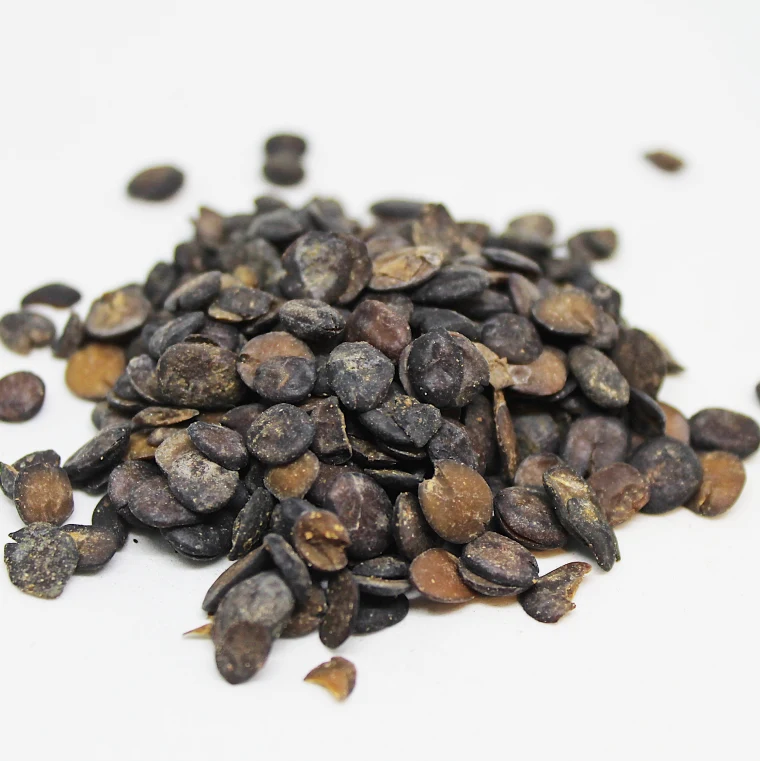

locust beans
₦13,500.00 Original price was: ₦13,500.00.₦12,500.00Current price is: ₦12,500.00.
Locust beans, or “iru,” add rich umami flavor to West African dishes. Packed with protein and nutrients, they support digestion and heart health. Use sparingly in soups, stews, or sauces for their bold aroma and taste.
Description
Locust beans, known scientifically as Parkia biglobosa, are the seeds of the African locust bean tree, a leguminous plant native to Africa. Commonly referred to as “iru” or “ogiri” in Yoruba and “dawadawa” in Hausa, locust beans are a staple in West African cuisine. They are prized for their strong, pungent aroma and rich umami flavor, which enhance the taste of various traditional dishes.
Botanical Characteristics
- Scientific Name: Parkia biglobosa
- Common Names: Locust beans, Iru, Ogiri, Dawadawa
- Family: Fabaceae
- Native Region: Sub-Saharan Africa
Nutritional Profile
Locust beans are a nutrient-dense food, providing a wide range of essential nutrients and bioactive compounds:
- Calories: Moderate caloric content, suitable for energy
- Carbohydrates: Rich in carbohydrates, primarily fiber
- Protein: High in plant-based protein
- Fats: Contains healthy fats, including unsaturated fatty acids
- Vitamins: Rich in vitamins such as vitamin A, B-complex vitamins (thiamine, riboflavin, niacin), and vitamin C
- Minerals: High in essential minerals such as calcium, magnesium, potassium, iron, and zinc
- Phytochemicals: Contains antioxidants and other bioactive compounds with health-promoting properties
Health Benefits
- Digestive Health: The high fiber content in locust beans aids digestion, prevents constipation, and promotes a healthy gut.
- Protein Source: A valuable source of plant-based protein, important for muscle repair and growth.
- Heart Health: Contains healthy fats that help in reducing bad cholesterol levels, supporting cardiovascular health.
- Blood Pressure Regulation: Rich in potassium, which helps regulate blood pressure and maintain electrolyte balance.
- Immune Support: High in vitamins and antioxidants, which boost the immune system and protect against infections.
- Bone Health: Calcium and magnesium in locust beans contribute to strong bones and teeth, reducing the risk of osteoporosis.
- Antioxidant Properties: Antioxidants help neutralize free radicals, reducing oxidative stress and the risk of chronic diseases.
- Diabetes Management: Locust beans have a low glycemic index and can help manage blood sugar levels, making them beneficial for diabetics.
Culinary Uses
Locust beans are versatile and used in a variety of culinary applications in West African cuisine:
- Flavoring: Adds a rich, umami flavor to soups, stews, and sauces.
- Traditional Dishes: Essential in the preparation of dishes like egusi soup, ogbono soup, and jollof rice.
- Fermented Products: Used to make fermented locust bean condiments such as iru and ogiri, which are integral to many traditional recipes.
- Spice Blends: Incorporated into spice blends to enhance the depth and aroma of various dishes.
- Garnish: Sometimes used as a garnish to add a burst of flavor to completed dishes.
How to Use Locust Beans
- Preparation: Rinse the locust beans thoroughly to remove any dirt or debris. If using dried beans, soak them in water until they soften.
- Fermentation: For a more pungent flavor, locust beans can be fermented. This involves boiling the beans, fermenting them for several days, and then drying them.
- Cooking: Add the beans to soups, stews, or sauces early in the cooking process to allow their flavors to infuse into the dish.
- Garnishing: Use a small amount of locust beans as a garnish to enhance the flavor of traditional dishes.
Storage and Shelf Life
- Storage: Store dried locust beans in an airtight container in a cool, dry place. Fermented locust beans should be stored in a refrigerator to maintain their freshness.
- Shelf Life: Dried locust beans can last for several months when stored properly. Fermented locust beans should be consumed within a few weeks for the best flavor and quality.
Culinary Tips
- Flavor Balancing: Due to their strong aroma and flavor, use locust beans sparingly to avoid overpowering the dish.
- Complementary Ingredients: Pairs well with ingredients like meats, fish, other legumes, and leafy greens commonly used in West African cuisine.
- Texture Management: If the texture of whole locust beans is too coarse, they can be ground into a powder before adding to dishes.
Additional information
| Weight | N/A |
|---|---|
| Package Size | 1kg |
Related products
-
Sale!
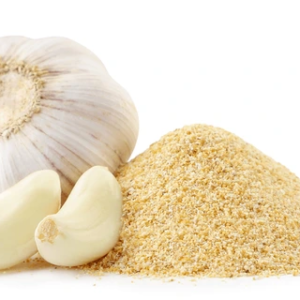
Dried Garlic
₦26,000.00Original price was: ₦26,000.00.₦25,000.00Current price is: ₦25,000.00. Select options This product has multiple variants. The options may be chosen on the product page -
Sale!
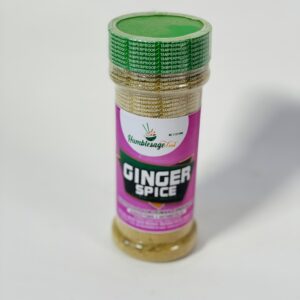
Dried Ginger
₦26,000.00Original price was: ₦26,000.00.₦25,000.00Current price is: ₦25,000.00. Select options This product has multiple variants. The options may be chosen on the product page -
Sale!
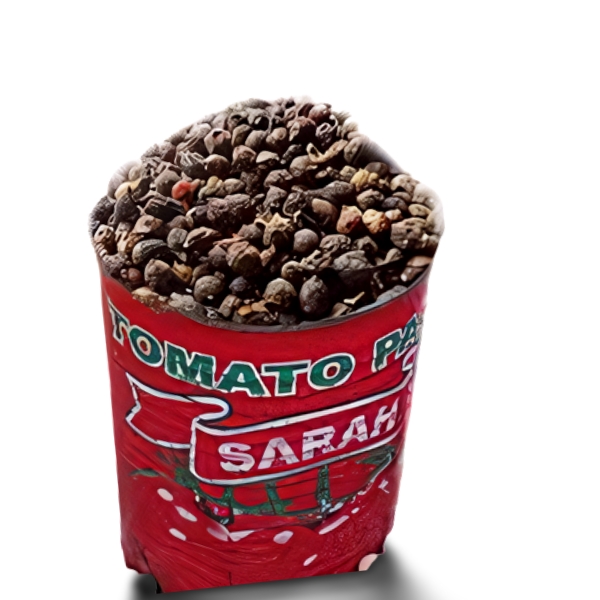
Uziza Seed
₦38,500.00Original price was: ₦38,500.00.₦37,500.00Current price is: ₦37,500.00. Select options This product has multiple variants. The options may be chosen on the product page -
Sale!
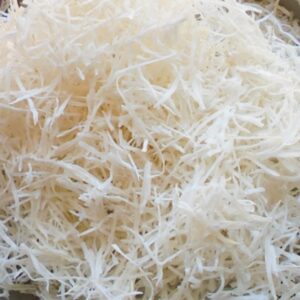
Abacha African salad
₦6,000.00Original price was: ₦6,000.00.₦5,000.00Current price is: ₦5,000.00. Select options This product has multiple variants. The options may be chosen on the product page

